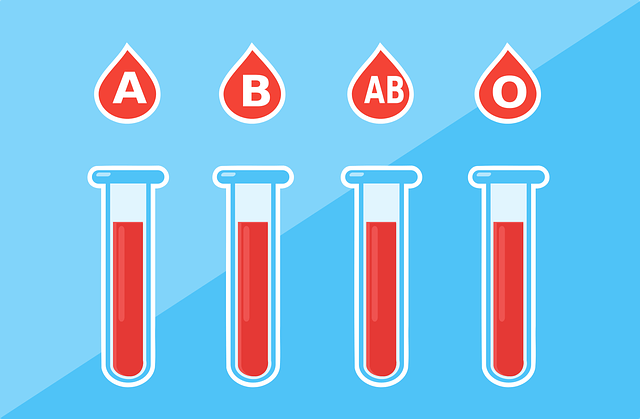Blood remains a profound enigma despite the significant advancements in our understanding of its composition and functions. While we are familiar with the cellular makeup of blood and some of its key roles, the quest for artificial blood remains elusive. Nevertheless, the genetic blueprint of individuals is encapsulated within blood, with even a single drop holding the entirety of one’s genetic identity. As genes orchestrate bodily functions, they also wield considerable influence over personality traits and temperaments.
Further exploration into blood could unlock myriad insights into an individual’s predispositions, temperament, and even interpersonal compatibility. Although our understanding is still incomplete, empirical evidence suggests that certain common temperament traits align with specific blood types.
Temperament, often considered innate, intersects with learned behaviors shaped by environmental interactions. While education can mold these traits, the environment in which one matures serves as a powerful model. Consequently, individuals may perceive and respond to the world based not solely on instincts but also on learned behaviors ingrained during upbringing. Some fundamental behavioral tendencies correspond with distinct blood types.
Type O: The Leader’s Blood
Individuals with Type O blood often exude an aura of impenetrable fortitude, concealing layers of complexity within. While earning their trust may prove challenging, once granted, it is steadfast. However, betrayals can sever these bonds irreparably.
Characteristics: Type O individuals typically manifest as extroverted, dynamic beings unafraid of challenges. Though appearing stern externally, they harbor a tender, romantic core. They navigate life’s trials with aplomb, embracing responsibility with vigor.
Professional Traits: Their dynamism, enthusiasm, and leadership acumen position them as adept team leaders, capable of steering projects towards success.
Challenges: Their strong-willed nature often clashes with criticism, necessitating careful selection of collaborators to avoid misguided ventures.
Romantic Inclinations: Direct and passionate, they pursue relationships with fervor, expecting reciprocation in kind.
Type A: The Exemplary Performer
Type A individuals are akin to “wood and paper,” transparent yet fragile. They embody introversion, patience, and a penchant for perfectionism, often concealing inner turmoil beneath a composed facade.
Characteristics: Reserved and meticulous, Type A individuals exhibit a preference for structured environments, excelling in roles demanding honesty and attention to detail.
Professional Traits: Valued for their integrity and performance, they thrive in organized settings, offering meticulous contributions to any endeavor.
Challenges: Their aversion to risk and need for security may impede their professional advancement.
Romantic Inclinations: Shying away from grand gestures, they express affection subtly, valuing emotional intimacy over flamboyance.
Type B: The Enigmatic Soul
Type B individuals defy categorization, akin to enigmatic caves waiting to be explored. Their independence and adaptability make them both intriguing and elusive.
Characteristics: Independent and inventive, Type B individuals eschew conformity, embracing life’s complexities with zeal.
Professional Traits: Original and observant, they excel in creative pursuits, thriving when pursuing their passions independently.
Challenges: Their aversion to authority and preference for solitude may hinder collaboration and decision-making in group settings.
Romantic Inclinations: Charming and spontaneous, they approach relationships with curiosity and enthusiasm, relishing in the thrill of discovery.
Type AB: The Dual Persona
Type AB individuals present a dichotomy of traits, embodying both precision and adaptability. They navigate between steadfast professionalism and a whimsical, emotive facade.
Characteristics: Adaptable yet introspective, Type AB individuals oscillate between outgoing charisma and internal introspection, embodying a paradoxical blend of pacifism and artistic flair.
Professional Traits: Their intuitive problem-solving abilities and diplomatic finesse make them valuable assets in dynamic work environments.
Challenges: Struggling with decisiveness and conflict, they thrive in harmonious settings but falter amidst tension and doubt.
Romantic Inclinations: Idealistic dreamers, they seek emotional fulfillment in fairy-tale romances, craving authenticity and mutual disclosure.
Conclusion: While blood type may offer intriguing insights into temperament, it’s crucial to recognize the complexity of individuality. Each person is a multifaceted mosaic shaped by genetics, upbringing, and personal experiences, defying simple categorization.
